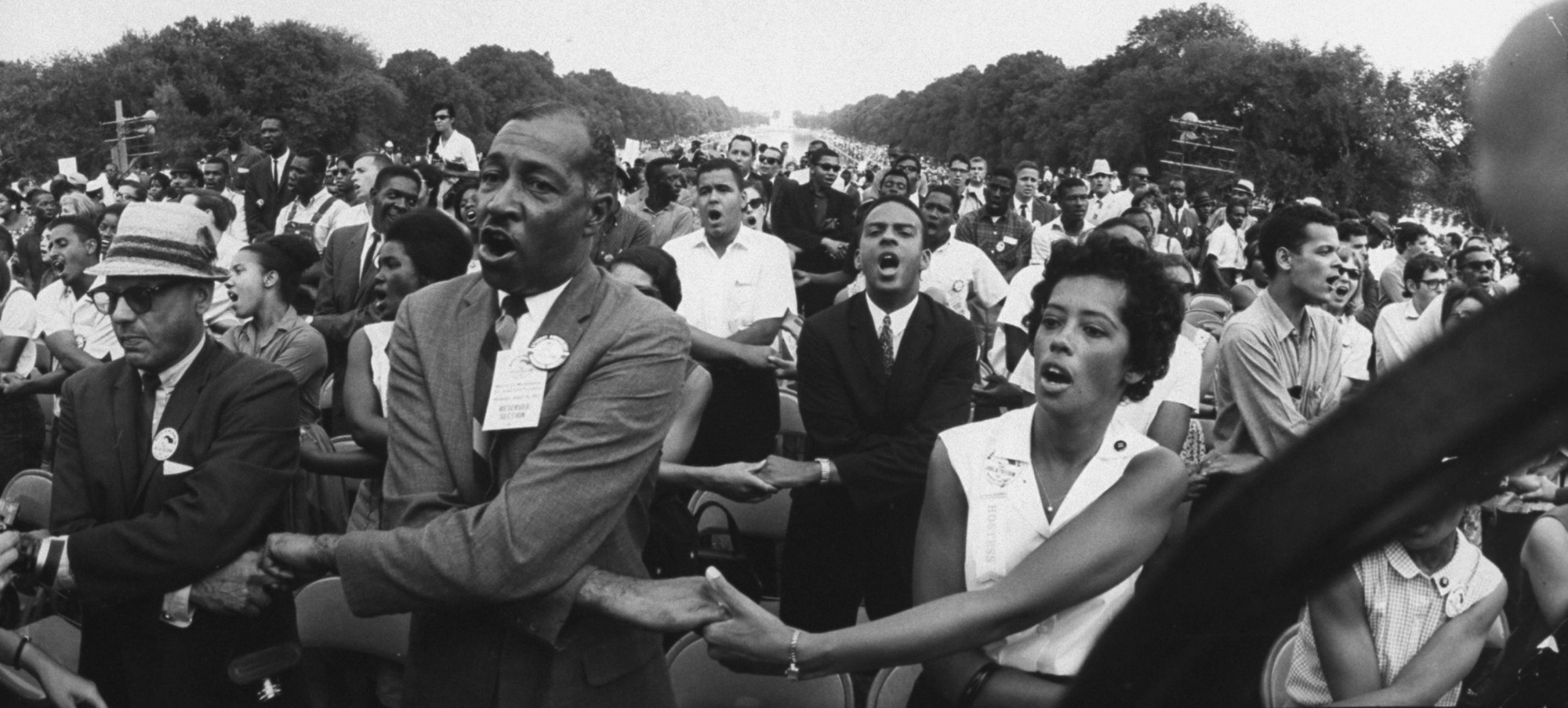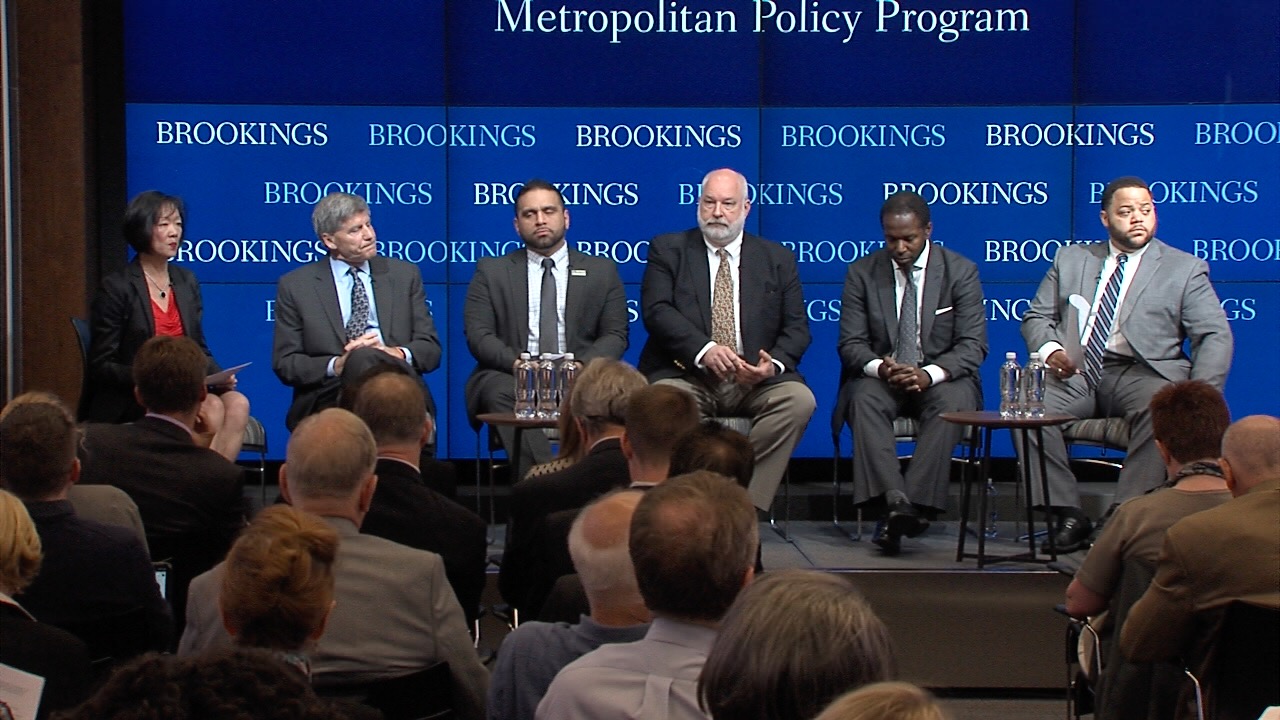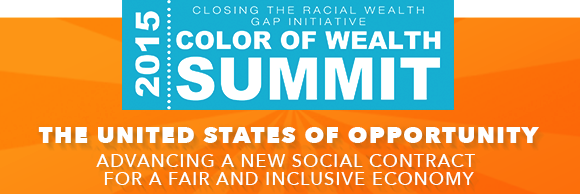Excerpt from:
Leadership and Innovation in the New Civil Rights Movement: Impact Investing as a Main Cornerstone. By Michael J. Isimbabi, Ph.D. Emerging Practitioners in Philanthropy [EPIP.org] Blog. May 04, 2015.
…Given the limited public funding available even for proven, cost-effective initiatives (such as early childhood education), impact investing is increasingly gathering momentum as a means of addressing social problems.
……
……
Nonetheless, it is unrealistic to expect that impact investment capital will be invested on scales large enough to have transformational impact in the communities where capital, especially equity, is most direly needed. Despite several examples of successful inner-city revitalization efforts in recent years, there remain significant negative perceptions and stereotypes of these environments. Also, many ventures that could have the most direct positive impact on poor communities tend to have high risk and provide relatively low financial returns. Furthermore, even as the impact investment market has grown, there is a disparity in opportunities for impact investing led by and for Black communities.
In order to attract substantial capital to under-resourced communities from impact investors as that market grows, the challenge is to devise feasible business models and strategies and provide persuasive evidence of investment opportunities that will appeal to different categories of impact investors. Some impact investors will accept very low, below-market financial returns if they are convinced a venture has the potential to have transformational social impact.
……
……
So what are the alternatives to (futilely) waiting for the government?
This is where the leadership of visionary and entrepreneurial EPIP members can become a powerful force. Emerging social sector leaders can play a leadership role in the movement to ensure that venture-philanthropic capital flows to under-resourced communities, which, in the past, have either been exploited or ignored by other capital sources.
In my eBook, Pooling Our Resources to Foster Black Progress: An Entrepreneurship and Impact Investing Framework, I present a comprehensive framework for implementing such an approach through the establishment of a (primarily) for-profit venture-philanthropic impact investment fund, the Excellence and Ventures Transformation Fund (“EXCEL- TRANSFORM Fund”).
I argue in the book that the strong trends in impact investing provide a unique opportunity for African Americans to harness their resources on a substantial scale, through a vehicle such as the Fund. By investing in the Fund, African Americans will be able to more efficiently pool some of the money they already give away in the form of charitable giving – which is considerable – as impact investments in entrepreneurial ventures that will have greater impact compared to “traditional” charitable giving to nonprofits, many of which face challenges pertaining to cost-effectiveness and operational efficiency.
The Fund will be a vehicle for galvanizing large numbers, potentially millions, of African Americans as well as non-African Americans – philanthropic-minded individuals and organizations motivated by powerful altruistic, self-interest, and national progress reasons – to pool resources on a large national scale to transform under-resourced communities. ….
……
……
[Dr. Isimbabi is affiliated with this website.]


